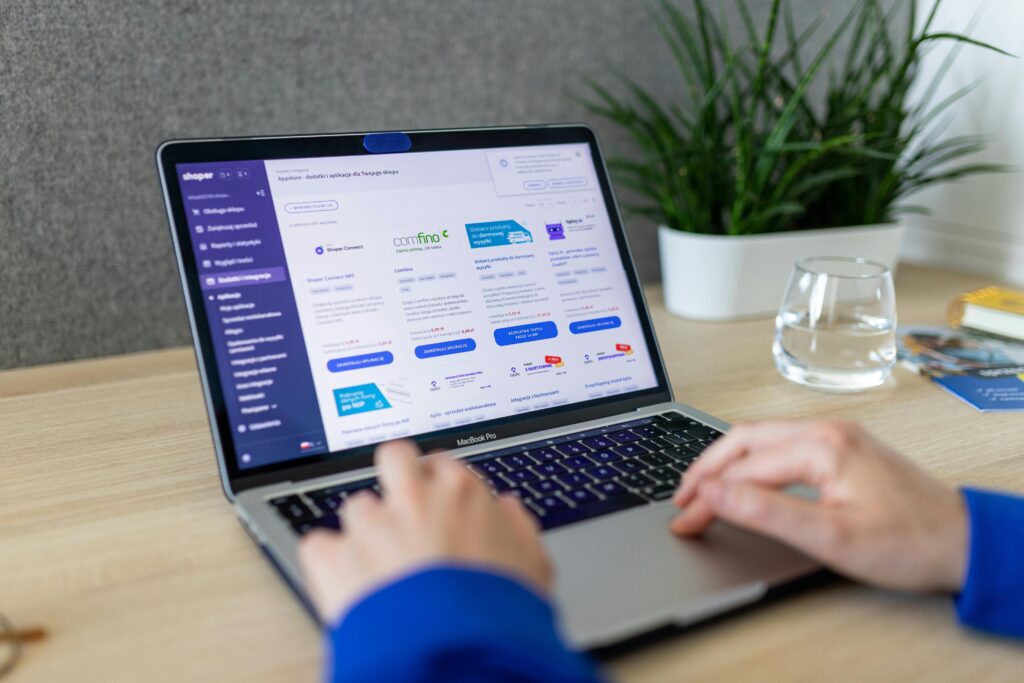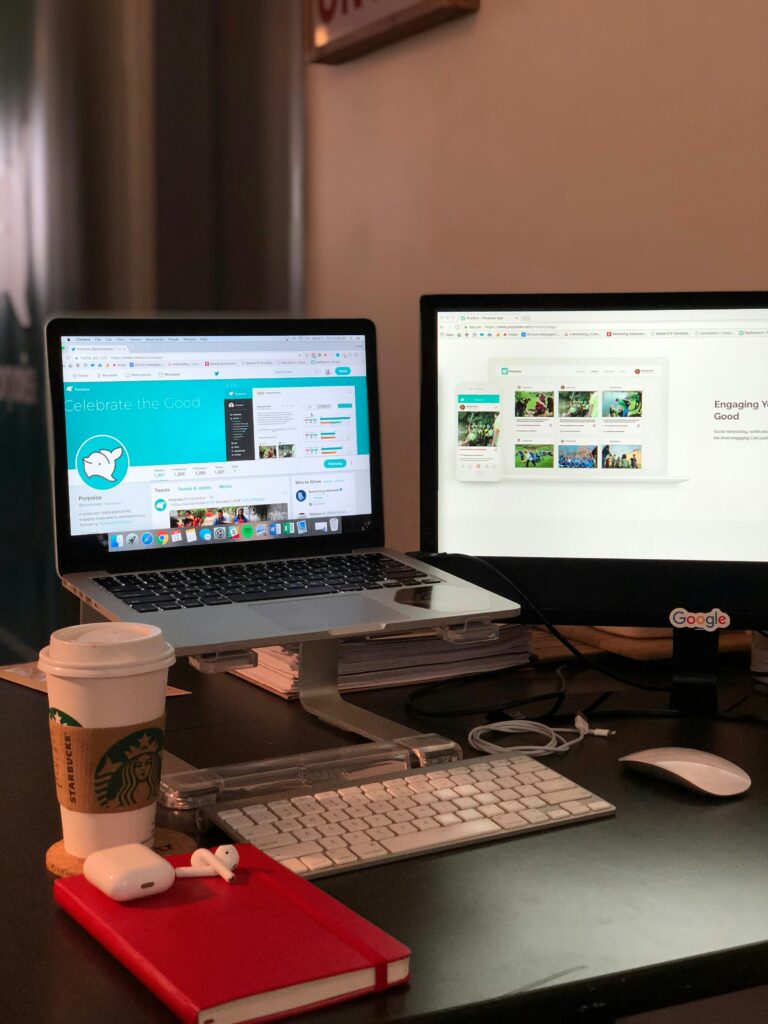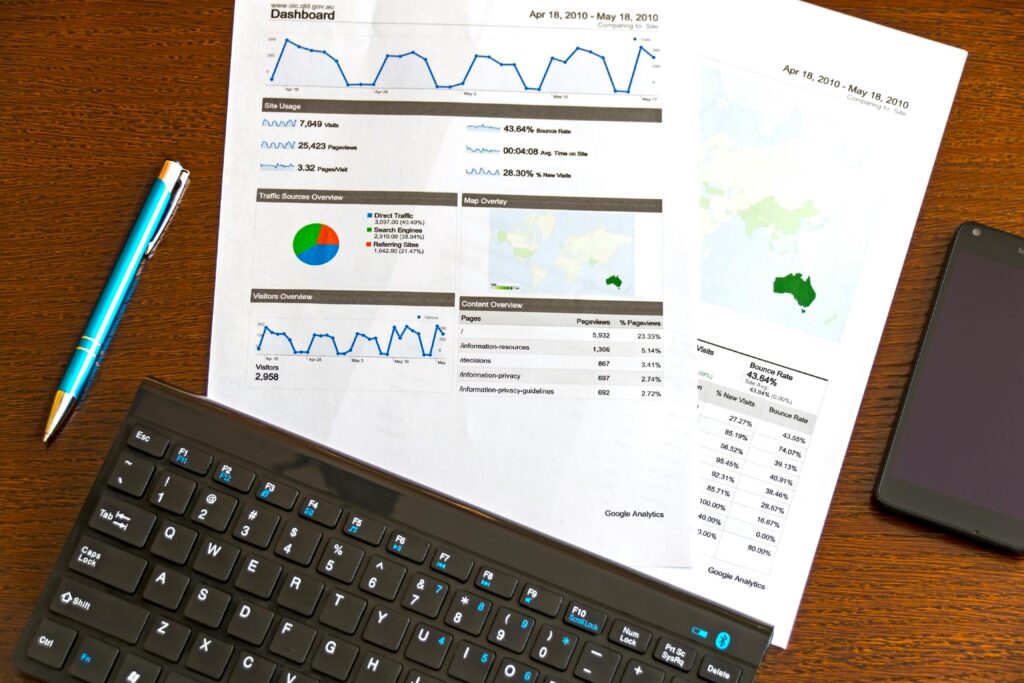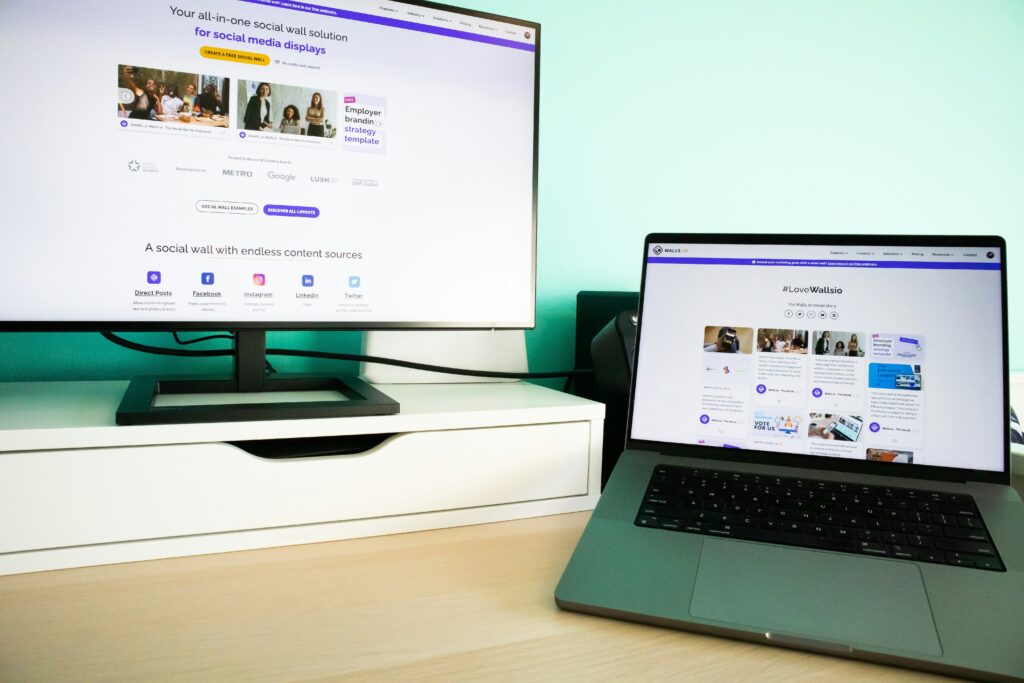In the digital age, an online presence is no longer optional—it’s essential. As we move further into the decade, the expectations of consumers, advancements in technology, and the competitive landscape have evolved significantly. In this environment, Why Every Business Needs a Website in 2025 is a question with an obvious answer: to stay relevant, competitive, and accessible.

The 2025 Digital Landscape: Why Every Business Needs a Website
In 2025, digital transformation is not just a trend; it’s a necessity. From e-commerce to digital marketing, the ways in which businesses engage with customers have changed dramatically. Having a website serves as the foundation of your digital strategy.
- Mobile-first indexing by Google means your website needs to be mobile-responsive.
- Voice search and AI assistants are directing traffic to websites.
- Consumers expect businesses to have an online presence they can verify.

Build Credibility and Trust With a Website in 2025
When potential customers search for your business and don’t find a website, it sends a message—and not a good one. A professional website builds credibility and trust.
- 84% of consumers believe a website makes a business more credible.
- A custom domain and branded email address add professionalism.
- Testimonials, reviews, and case studies enhance trust.
Real-World Example
Consider two businesses: one has a sleek website with customer reviews and a product catalog; the other has only a Facebook page. Which one would you trust more?

Why Every Business Needs a Website in 2025 for 24/7 Accessibility
Unlike a physical store, a website works around the clock. Customers can learn about your services, browse products, and even make purchases anytime, anywhere.
- Capture leads through contact forms.
- Use chatbots or AI assistants for real-time support.
- Provide FAQs, tutorials, and blogs to educate your audience.
Global Reach, Local Impact: Why a Website Matters
A website expands your reach beyond geographic limitations. Whether you’re a local bakery or a consulting firm, having an online presence makes you discoverable to a broader audience.
- Use SEO to attract local and international customers.
- List your business on Google My Business and embed maps.
- Translate your website to cater to multiple languages.

Why Every Business Needs a Website in 2025 for Cost-Effective Marketing
Traditional advertising (TV, print, radio) is expensive and less targeted. Digital marketing through your website offers better ROI and detailed analytics.
- Run PPC campaigns and measure results in real time.
- Utilize email sign-ups and newsletters.
- Create blogs and landing pages optimized for SEO.
Focus Keyword Placement
Incorporating the keyword “Why Every Business Needs a Website in 2025” into strategic locations like the meta title, meta description, H1 and H2 headings, image alt texts, and paragraph content ensures maximum visibility on search engines.

Integrated Tools: Why Every Business Website Must Be Functional
Your website isn’t an isolated asset—it can integrate with your CRM, payment processors, booking systems, and marketing automation tools.
- Accept payments via Stripe or PayPal.
- Sync leads to HubSpot or Zoho CRM.
- Schedule appointments through Calendly or Book Like a Boss.
Showcase Your Brand
A well-designed website is the perfect platform to show off your brand’s identity—its values, mission, and story.
- Use consistent branding: logo, colors, fonts.
- Share your company history, achievements, and vision.
- Feature employee bios and behind-the-scenes content.

E-Commerce and Online Services
Whether you’re selling products or booking services, your website is a revenue-generating tool. In 2025, more people are comfortable shopping and making decisions online than ever before.
- Use WooCommerce or Shopify integrations.
- Offer downloadable products or virtual consultations.
- Display inventory in real-time.
Data-Driven Decisions
With a website, you gain insights into your audience through analytics tools. Understand who your visitors are, where they come from, and what content they interact with.
- Track KPIs like bounce rate, conversion rate, and average session duration.
- A/B test landing pages and headlines.
- Use heatmaps to see how users navigate your site.

Compete With Larger Brands
Small businesses can level the playing field with a strong online presence. In fact, agility and authenticity often give them an edge over big corporations.
- Outrank bigger brands on local search.
- Offer personalized customer service.
- Respond to reviews and feedback quickly.
Future-Proofing Your Business
Trends like augmented reality, AI chatbots, and blockchain-based payments are shaping the future of online business. A website gives you the infrastructure to adapt and grow with these trends.
- Integrate AR product previews.
- Implement AI-driven customer support.
- Accept cryptocurrency payments securely.

Conclusion: Don’t Get Left Behind
In 2025, not having a website means you’re invisible to a large portion of your audience. Customers expect to find you online, trust your content, and interact with your brand seamlessly.
Why Every Business Needs a Website in 2025 is not just a question—it’s a strategic imperative. Whether you’re a freelancer, startup, or established enterprise, your website is your digital home. Build it wisely, optimize it continuously, and let it work for you 24/7.

